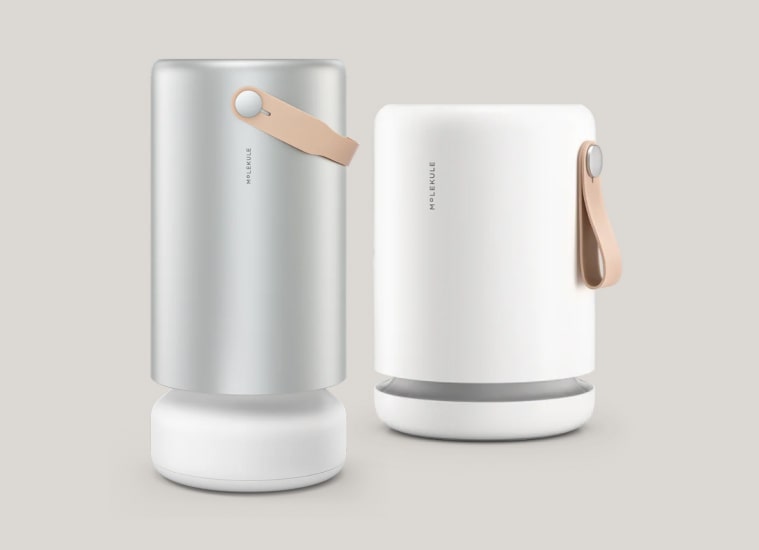Understanding Rhinoscopy: A Closer Look at Nasal Health

Welcome to the official blog of Allergy, Asthma, and Immunology Medical Group. Rhinoscopy is a valuable diagnostic tool for examining the nasal passages for various conditions. In this post, we’ll explore what rhinoscopy entails, its benefits, and how it can aid in managing nasal allergies and sinus issues.
The Rhinoscopy Procedure
Rhinoscopy is typically performed using a specialized instrument called a rhinoscope, which allows the healthcare provider to examine the nasal passages closely. There are two main types of rhinoscopy: rigid and flexible.
Rigid rhinoscopy is often performed in a clinic or hospital setting using a rigid tube-like instrument with a light and camera at the end. The instrument is inserted into the nostril to visualize the nasal passages and any abnormalities.
Flexible rhinoscopy is a less invasive procedure that can be performed in an office setting. It uses a flexible fiber-optic instrument that is inserted into the nostril to visualize the nasal passages. This type of rhinoscopy is often used to evaluate the nasal cavity and nasopharynx.
During the rhinoscopy procedure, the healthcare provider will carefully examine the nasal passages for any signs of nasal polyps, infections, or other abnormalities. The procedure is usually well-tolerated and can provide valuable information for diagnosing and treating nasal conditions.
Benefits of Rhinoscopy
Rhinoscopy provides a detailed view of the nasal passages, allowing for more accurate diagnosis and treatment planning. It can help identify nasal polyps, which are benign growths that can cause nasal congestion and other symptoms. Rhinoscopy is also useful for evaluating chronic sinusitis, a condition characterized by inflammation of the sinuses.
Rhinoscopy can also be used to assess the effectiveness of allergy treatments, such as immunotherapy. By visualizing the nasal passages, healthcare providers can determine if the treatment reduces inflammation and improves symptoms.
Rhinoscopy Experts
Rhinoscopy is a valuable tool in diagnosing and managing nasal conditions. Providing a detailed view of the nasal passages helps in accurate diagnosis and treatment planning, especially for allergies and sinus issues. If you’re experiencing nasal symptoms, consider discussing rhinoscopy with Allergy, Asthma, and Immunology Medical Group by calling 805-658-9500 today!




